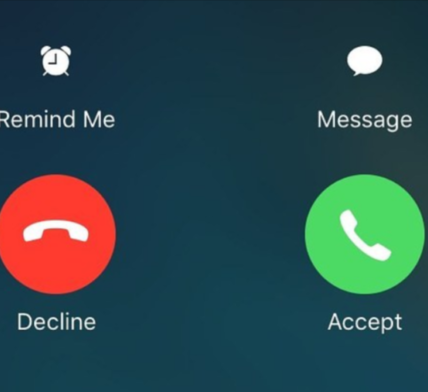Watching porn isn’t a crime in India However, the distribution of such content is. So, there will be no legal action against you when you’re watching porn in private settings There isn’t any law concern about obscene content, such as child pornography or something like that. However, if you are found selling or distributing pornographic material, there will be legal penalties and you could even face prison time and massive fines. In this article, we’ll take an in-depth look at the specific laws pertaining to pornography in India and also the legality of what and what’s not. Okay, let’s get started.
What Are The Laws Regarding Pornography In India?
A variety of laws regulate pornography in India as well as those that regulate its legality under Indian Penal Code (IPC) and Information Technology (IT) Act. IPC prohibits public display and distribution or selling of pornographic materials under the sections 292 and 293 in that code. Section 292 imposes punishments on repeat offenders. Section 293 prohibits the sale or distribution of books, paintings, or all other items that are considered to be sexually offensive. These restrictions are further tightened down by the IT Act itself, in the sense that it specifically addresses the electronic transmission of sexually explicit content. It is worth mentioning that under this category Sections 67A and are crucial because these sections are crucial because the IT Act punishes severely for electronic publication of explicit content or for any other crime.
Key Supreme Court Decisions
The role played by the Supreme Court in interpreting pornography laws in India has drawn an important parallel to distribution of pornographic material is illegal. However, pornography is a crime that can be punished criminally, including private viewing at home. A landmark decision from 2015 affirmed that the viewing pornography in private can be regarded as a violation of individual rights and shouldn’t be restricted by the authorities, unless it is involving children or is in violation of any other laws.
The Government of India, through its Department of Telecommunications, has issued periodic bans on websites that it believes are the largest providers of pornographic material. The goal behind these bans is to increase the safety and moral standards of the cyberspace. However, these rules frequently face protest from people who consider them to be infringements on freedoms of the individual. The similar regulation issued by the government also applies on to Over-The-Top (OTT) platforms to ensure that the content of their programs adhere to the laws applied in India.





